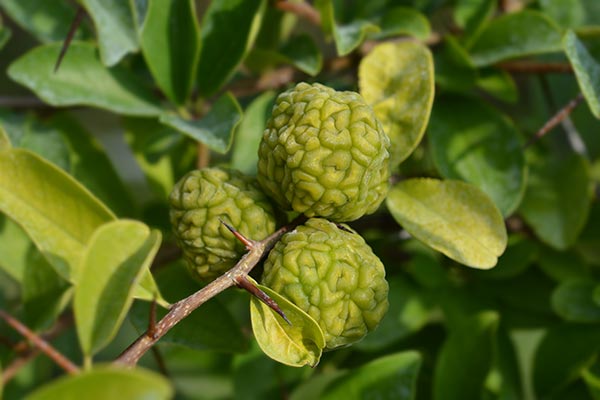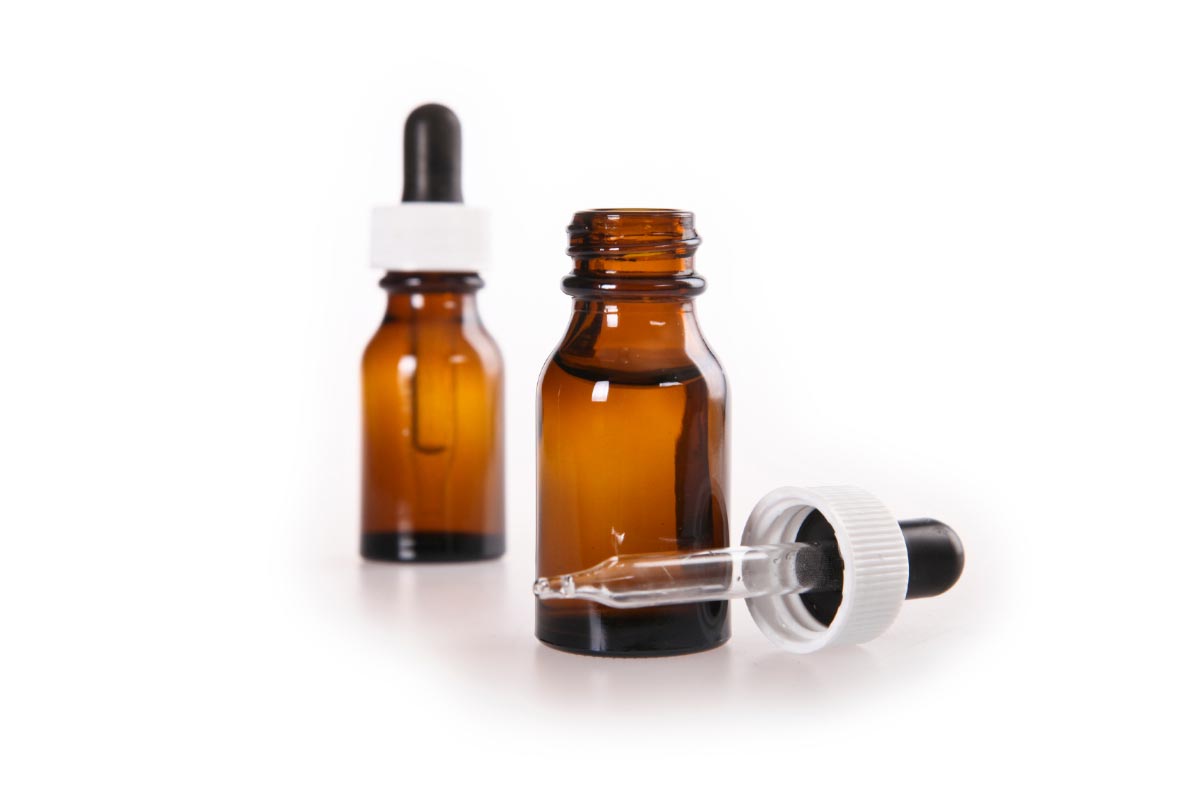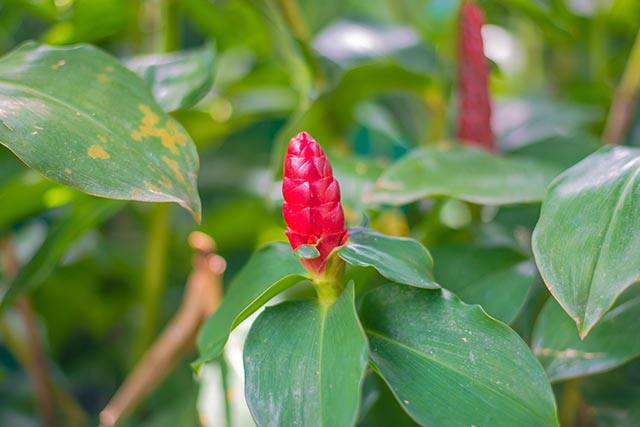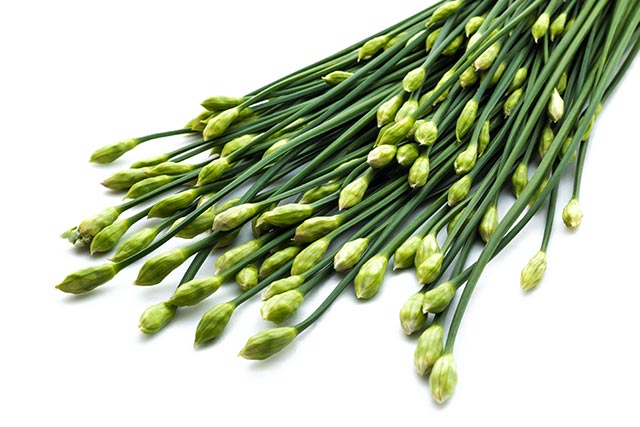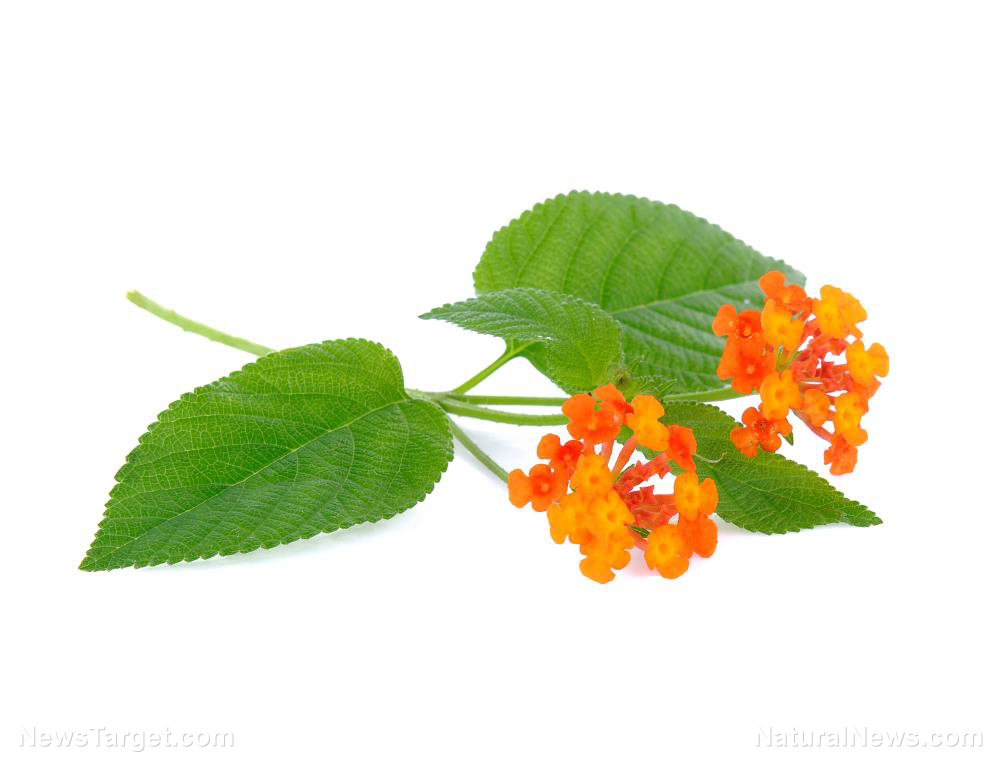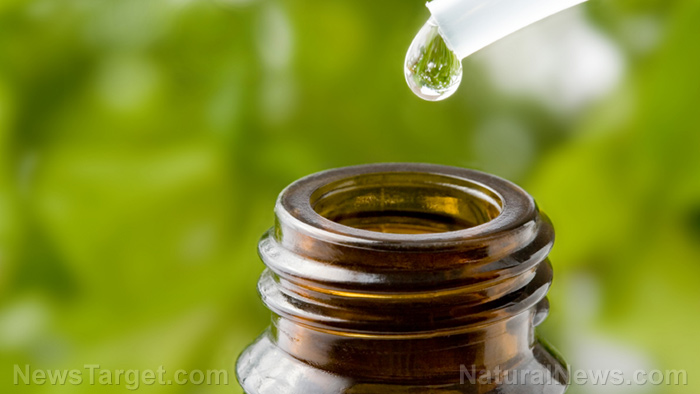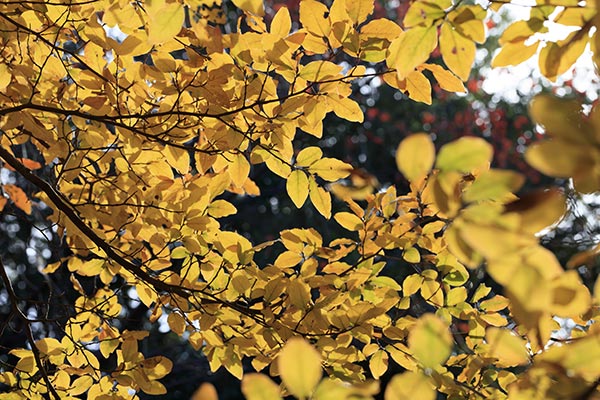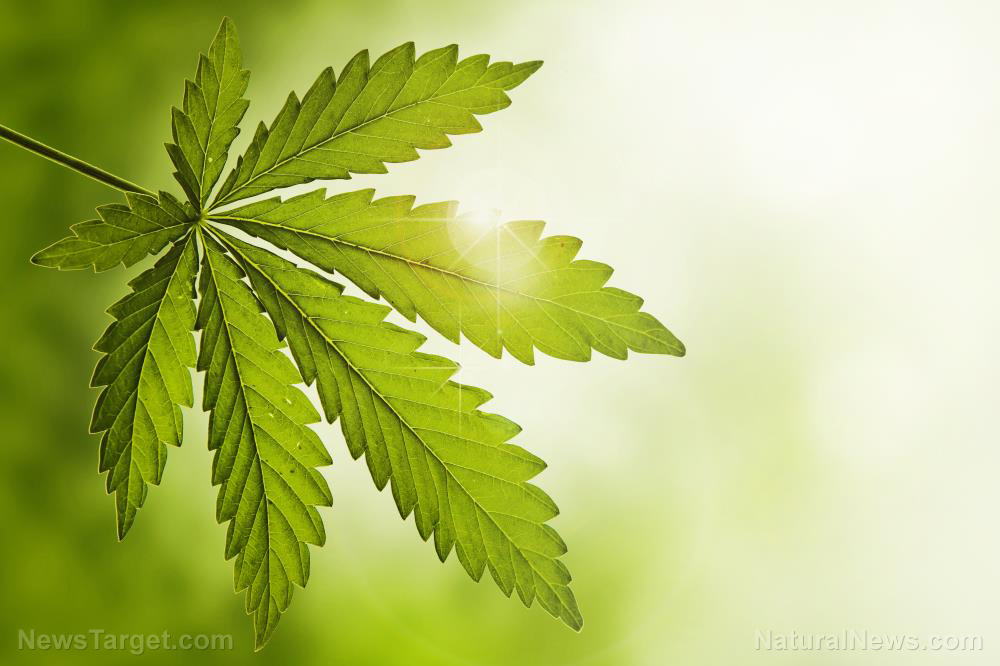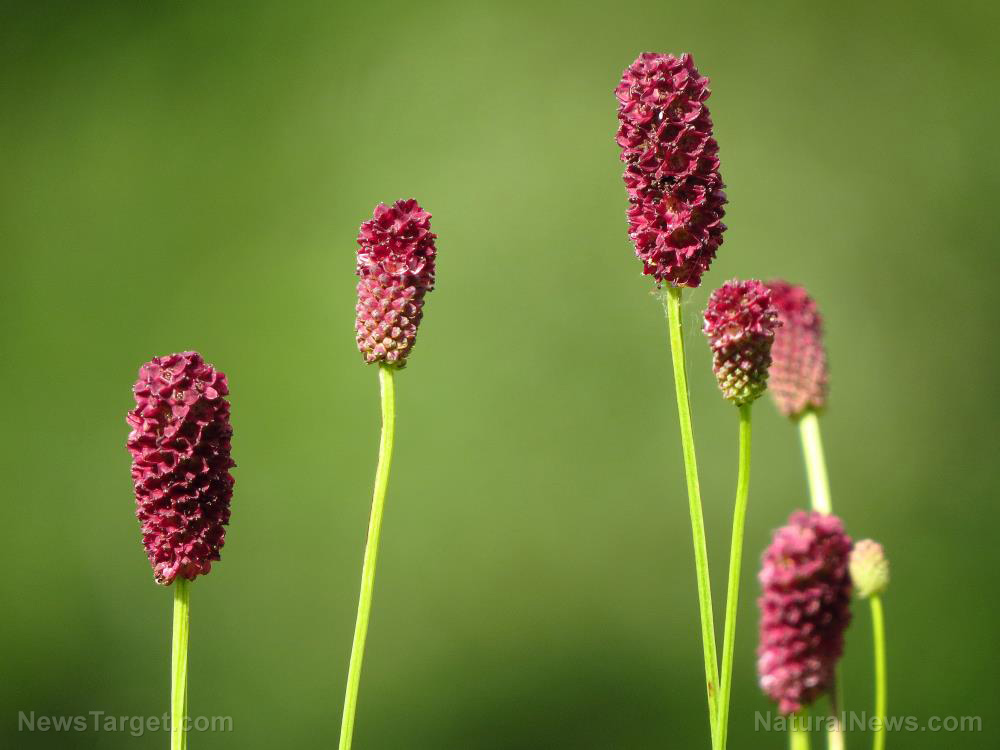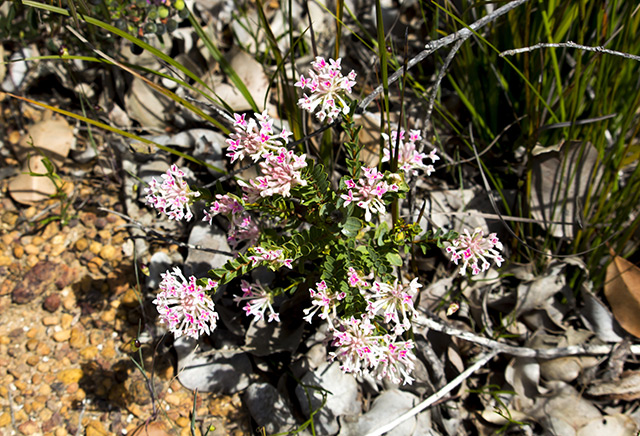Nature cures: Medicinal plants from South Africa can treat influenza without negative side effects
10/05/2018 / By Zoey Sky

Different kinds of drugs are currently used to treat influenza; however, these are also linked to negative side effects – even vaccines and conventional antiviral agents have limited effectiveness against influenza viruses. In a study, researchers suggest five South African medicinal plants which can help treat the influenza A virus (IAV). Researchers are hopeful that these alternative remedies can help limit the side effects involving the central nervous system and the gastrointestinal tract that are often caused by the use of prescription drugs.
The study, which was published in BMC Complementary and Alternative Medicine, involved five different medicinal plants from South Africa that may help prevent influenza. The five plants were chosen based on “published traditional indications and pharmacological properties against various diseases and infections.”
The plants were:
- Cape beech (Rapanea melanophloeos) — Cape beech bark, fruit, and leaves are traditionally used to treat disorders of the stomach, along with the nervous and respiratory system. The roots of the plant are also used to address heart and muscular health problems.
- Cheesewood (Pittosporum viridiflorum) — Cheesewood leaf and bark extracts had antioxidant activity in patients with HIV. They can also help inhibit free radicals.
- Forest toad-tree (Tabernaemontana ventricosa) — The bark of the forest-toad tree is used to treat fevers, sore eyes, and wounds.
- Spiked cabbage tree (Cussonia spicata) — The bark, roots, and leaf extracts of the spiked cabbage tree, which have “antibacterial, anti-inflammatory, in vitro anthelmintic, and in vitro antiplasmodial activities,” have been used to treat wounds.
- Tinderwood (Clerodendrum glabrum) — The ethanolic and aqueous leaf extracts of tinderwood have proven effective against inflammatory diseases. Extracts from tinderwood also possessed anthelmintic, anti-amoebic, and antibacterial properties.
In South Africa, a country that has a history of traditional medicine, various medicinal plants have been used to treat influenza for decades. The researchers set out to identify which of these five plants can provide an effective cure for IAV, which causes the most severe respiratory diseases that are linked to significant morbidity and, occasionally, high mortality. (Related: Kick influenza and colds to the curb with garlic.)
The South African medicinal plants chosen for the study have never been analyzed for possible antiviral activity against IAV. The overall objective of this study was, therefore, to evaluate and determine the potential activity of the crude extracts of these five medicinal plants against an IAV infection.
Cape beech is a medicinal plant used by Zulu traditional healers to control blood clot-related health problems. Aqueous, chloroform, ethyl acetate, methanol, and n-hexane extracts were taken from the bark of a cape beech tree, and these were tested for phytochemicals, along with antioxidant and anti-platelet aggregation properties.
The phytochemical screening of cape beech revealed the presence of alkaloids, cardiac glycosides, flavonoids, phlobatannins, saponins, tannins, and terpenoids.
Meanwhile, cheesewood, an antiviral medicinal plant, has antioxidant and free radical inhibition properties. The plant has also been traditionally used to treat fungal infections in patients with HIV/AIDS in the Eastern Cape Province, South Africa, while infusions of cheesewood leaves have been used to treat cryptococcal meningitis.
The results of the study determined that out of the five plants, cheesewood and cape beech produced extracts that may require further evaluation. The researchers noted that some degree of inhibition was observed in these extracts, which implies that they may have active component with anti-influenza properties.
Further research will focus on the isolation and identification of the compounds behind the bioactivity against IAV infection as well as their mode of action.
With the applied methods utilized in the study, the researchers discovered that among the five South African medicinal plants, the most effective results against influenza were achieved using methanol, 100 percent, and 30 percent ethanol and acetone leaf extracts from the cheesewood plant and cape beech methanol leaf extract for all kinds of combined treatments.
The authors reported that the forest toad-tree, spiked cabbage tree, and tinderwood extracts weren’t as effective in vitro for the study.
The researchers are hopeful that once identified, the active compounds from the cheesewood and cape beech plants can be used to produce natural and effective cures for influenza.
You can view more articles about the benefits of these South African herbs and other natural cures at Healing.news.
Sources include:
Tagged Under: antiviral, botanicals, Cape beech, cheesewood, Flu, forest toad-tree, herbal medicine, influenza, influenza A virus, medicinal plants, natural cures, natural medicine, prevention, remedies, South African herbs, spiked cabbage tree, tinderwood
RECENT NEWS & ARTICLES
Herbs.News is a fact-based public education website published by Herbs News Features, LLC.
All content copyright © 2018 by Herbs News Features, LLC.
Contact Us with Tips or Corrections
All trademarks, registered trademarks and servicemarks mentioned on this site are the property of their respective owners.


